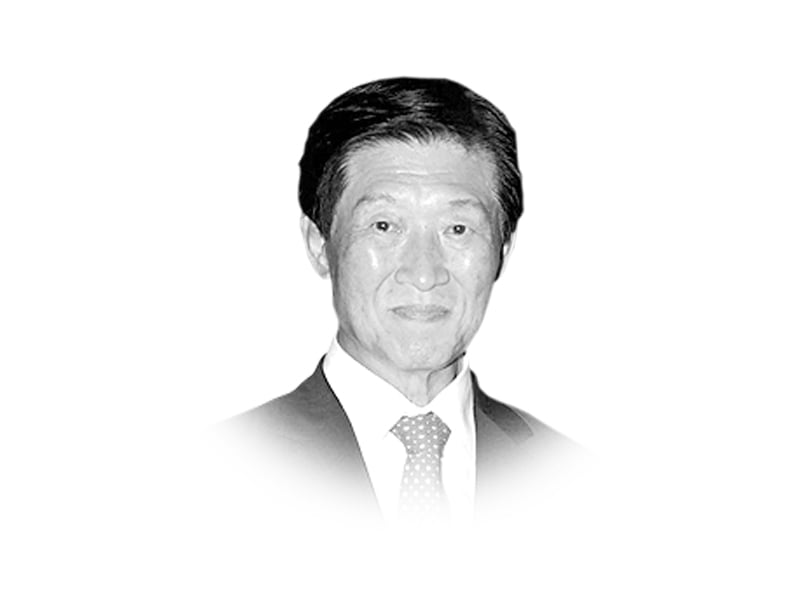
For decades, North Korea said it did not have the will or capacity to pursue a nuclear programme. While concealing its nuclear programme, North Korea made agreements with the International Atomic Energy Agency (IAEA) (1985), the Republic of Korea (1992) and the USA (1994) not to pursue nuclear weapons. It also signed a joint statement to abandon Nuclear Weapons in 2005 at the Six Party Talks which included North Korea, Republic of Korea, China, Japan, Russia and USA.
On January 6, 2016, North Korea tested a hydrogen bomb and on February 7, 2016, launched a long range ballistic missile. Both of these were in violation of the UN Security Council (UNSC) resolutions and are a real danger to the East Asian region and the world.
In response, the UNSC unanimously adopted resolution 2270 (2016), the strongest ever sanctions against North Korea on March 2, 2016. The UNSC resolution 2270 requires every member country to inspect all cargo passing through their territory to or from North Korea, bans weapons trade with North Korea and increases the list of North Korean individuals and entities that face sanctions. Further, the list of banned items and minerals that North Korea can trade has been expanded.
Despite the imposition of the strongest sanctions against North Korea, there are loopholes which it may exploit. To overcome these loopholes, it is essential to have strong international and regional cooperation from all countries, especially China and Russia.
A few hours after the UNSC resolution 2270 was passed, North Korea showed defiance by launching six short range projectiles into the sea. In the following days, North Korean leader Kim Jong Un said "nuclear warheads need to be ready for use at any time" and threatened a pre-emptive attack against the Republic of Korea and the USA.
The new resolution is not explicitly aimed at human rights violations but North Korea has given preference to expanding its Weapons of Mass Destruction (WMD) programme instead of focusing on reducing malnutrition in children.
In an effort to uphold the Universal Declaration on Human Rights, adopted by the UN General Assembly (UNGA) in December 1948, the 21st session of the UNGA adopted two major covenants on Human Rights: the International Covenant on Civil and Political Rights (ICCPR) and the International Covenant on Economic, Social and Cultural Rights (ICESCR), which took effect in 1976.
Despite being a signatory to these covenants since 1981, North Korea has one of the worst human rights records. The UN Human Rights Council (HRC) and the UNGA have adopted resolutions on North Korean human rights each year since 2005, to express grave concerns. Since 2004, the UN Special Rapporteur on the situation of human rights in the North Korea has tried to carry out his mission, but the North Korean regime has refused his entry. A Commission of Inquiry established by the HRC reported in 2014, “the North Korea government has committed systematic human right abuses at a scale without parallel in the contemporary world”. The UNSC adopted the issue of North Korean human rights violations as an agenda item for the first time in 2014.
After making multiple agreements to curtail its WMD programme, North Korea repeatedly violated these agreements by testing nuclear devices and launching long range missiles. Similarly, North Korea joined or ratified multiple human rights conventions and then denied human rights to its own citizens. Such behaviour goes against the concept of “Pacta Sunt Servanda”.
Now, full implementation of UN sanctions contained in UNSC resolution 2270 is essential to get North Korea to change its behaviour. Strong regional and international cooperation is required from all countries, including Pakistan, to ensure that these sanctions have their intended effect.
Published in The Express Tribune, March 17th, 2016.
Like Opinion & Editorial on Facebook, follow @ETOpEd on Twitter to receive all updates on all our daily pieces.












COMMENTS (4)
Comments are moderated and generally will be posted if they are on-topic and not abusive.
For more information, please see our Comments FAQ